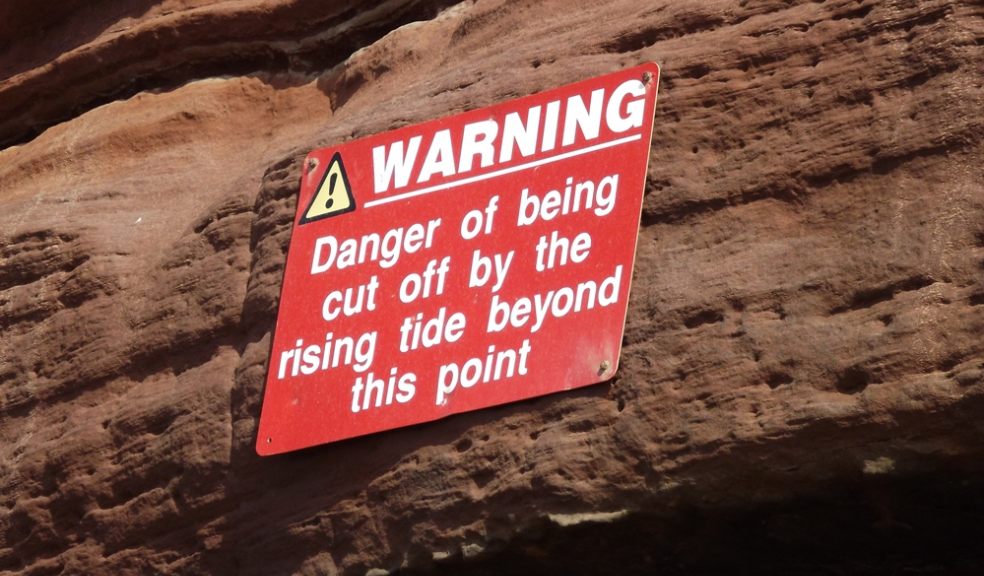
Don’t abandon all hope on Climate Change
In a few weeks time we Christians will be once again remembering words attributed to our faith’s founder as he hung on a criminals’ cross outside Jerusalem about 2,000 years ago: “My God, my God, why have you forsaken me?”
This phrase, unusually recorded in Aramaic (and, therefore, biblical scholars argue more likely to be authentic), is a cry from a young human being feeling close to rejection, failure and death. It is a timely reminder of a significant experience recalled at Easter – that of abandonment.
Today there are many signs of being left behind: a recent national report suggests the police systematically leave abused women to their violent partners; it would seem the government has deserted its most vulnerable citizens with the dismantling of the Welfare State; the Secretary of State for Health will no longer be accountable for the health of everyone in Britain. We shall be abandoned to the complexity of insurance companies and commercial interests who will in future provide healthcare for those who can afford it.
The conclusions of the Intergovernmental Commission of Climate Change (IPCC) made public this week point to the danger of ignoring and abandoning the scientific advice on global warming. It seems politicians would rather avoid unpalatable decisions and in so doing leave future generations to hopelessness and destruction.
There is deeper form of abandonment which affects so many of us today, and that is the way we have lost connectivity with one another and with the Earth. As a society we have neglected and become disconnected with the deeper rhythms and processes of life. And by our discarding the bonds that have traditionally held us together, we both abandon others and are abandoned ourselves in a culture of individualism.
However, I want to argue that there is no such thing as an individual. We are all people in relationship – with our family and friends, our communities, the Earth and for some us with the divine. And because we are all linked, we all share in being responsible for each other. We uphold one another in our successes and support one another in our weaknesses. That is the essence of a community. Or to put it in more conventional religious language, we love our neighbours as ourselves, and treat others as we would have them treat us (the so-called ‘golden rule’).
The problem is that we would rather be contented individuals than share our resources and our well-being with those around us. As Nelson Mandela would have said, we have no ‘ubuntu’*. Instead we surround ourselves by forms of distraction that stunt our relationships – self-centred media and types of entertainment which dull us to the raw and abrasive experiences of brokenness in the world. We love our bread and circuses (as the acclaimed Hunger Games books and films point out) which push us to abandoning the poor to their plight (why do we never speak about the deserving rich?!) and the planet to our pollution.
But when crises occur we find ourselves in a different landscape – whether storms and flooding in Southwest England or an air travel tragedy in Southeast Asia. A crisis can bring a new perspective on life and overturn the trends of selfishness. The ‘Common Good’ becomes once again more important than personal gain or greed, and common-unity is re-forged.
So, as we receive the latest wisdom from international scientists about global warming, it is in recognising the profound crisis of ecological disaster that we may wake up. Somehow we may yet reverse our priorities and work together for a change that makes for a society which no longer abandons fragile life but holds it as part of a common future…
This article first appeared in Devon Churches Green Action News, April 2014
*ubuntu - is often translated as "humanity towards others," but is often used in a more philosophical sense to mean "the belief in a universal bond of sharing that connects all humanity" - “I am well if you are well” or “I am because you are”.




















